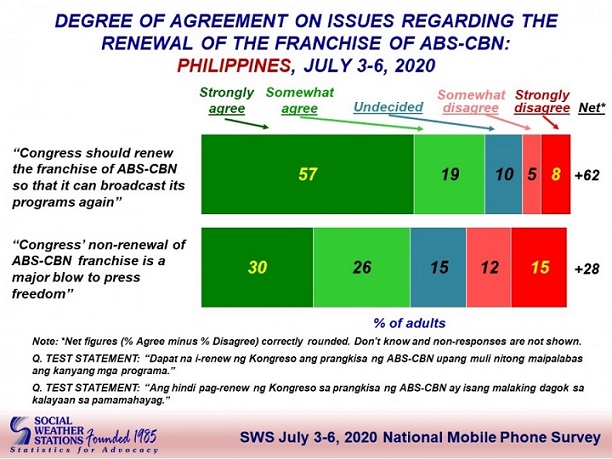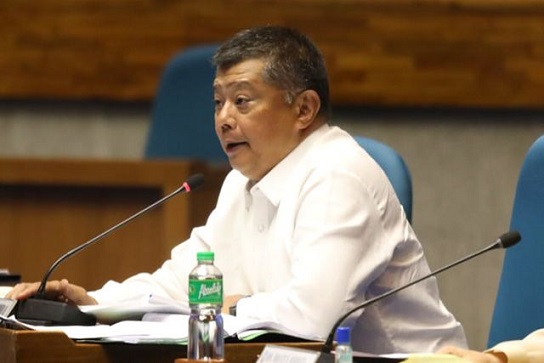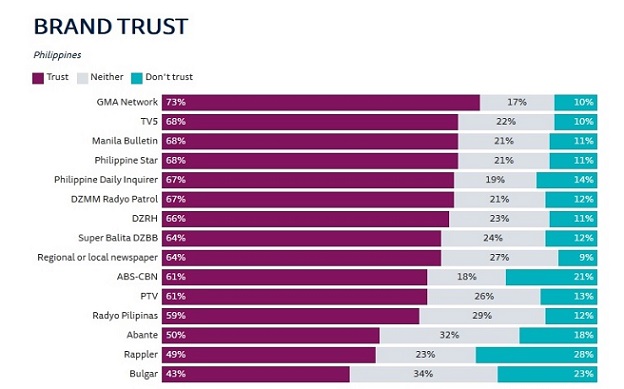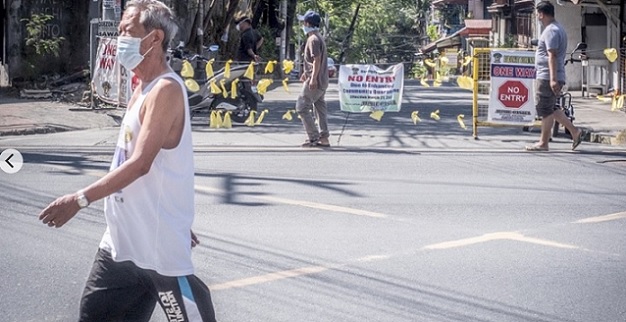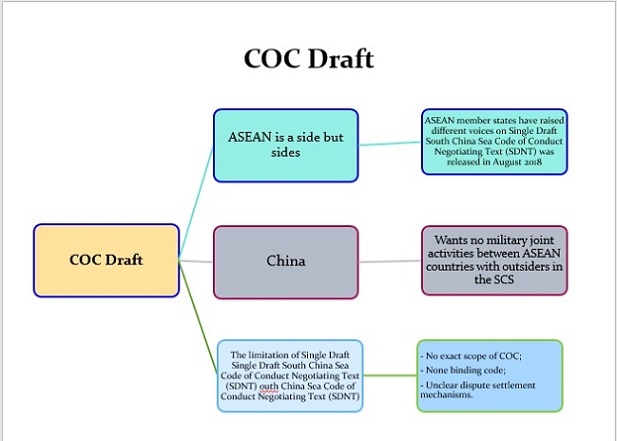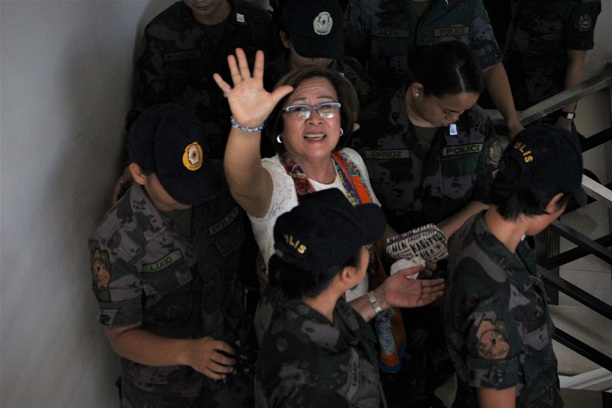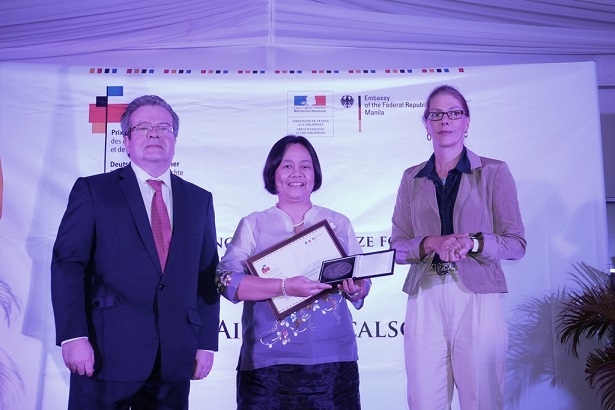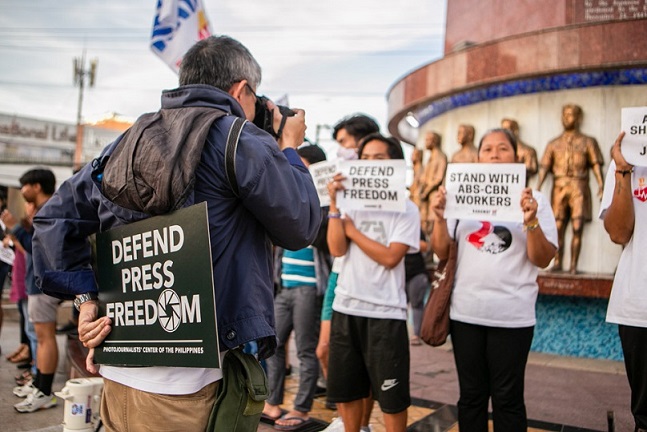
It is heartening to see members media in the country come together raising their voices (and their fists, I imagine) against the assault to press freedom and democracy by 70 members of the House of Representatives who voted to deny the broadcast giant ABS-CBN of a new franchise.
Setting aside competition, the journalists, through their news outfits and beat press corps, issued separate statements: The Malacañang Press Corps; The Defense Press Corps of the Philippines; The Senate Reporters Press Corps; The Economic Journalists’ Association of the Philippines;
The Justice and Court Reporters’ Association; The Foreign Correspondents Association of the Philippines; Rappler; The Philippine Daily Inquirer Reporters; The National Union of Journalists of the Philippines.
